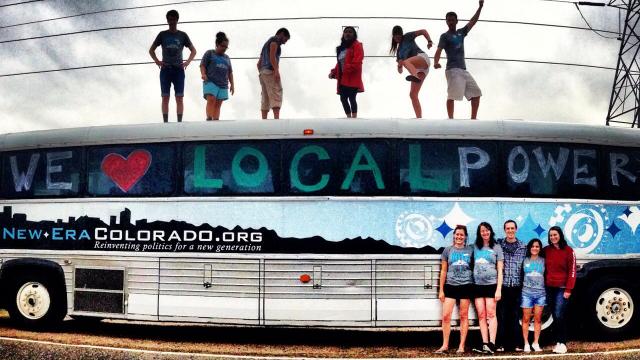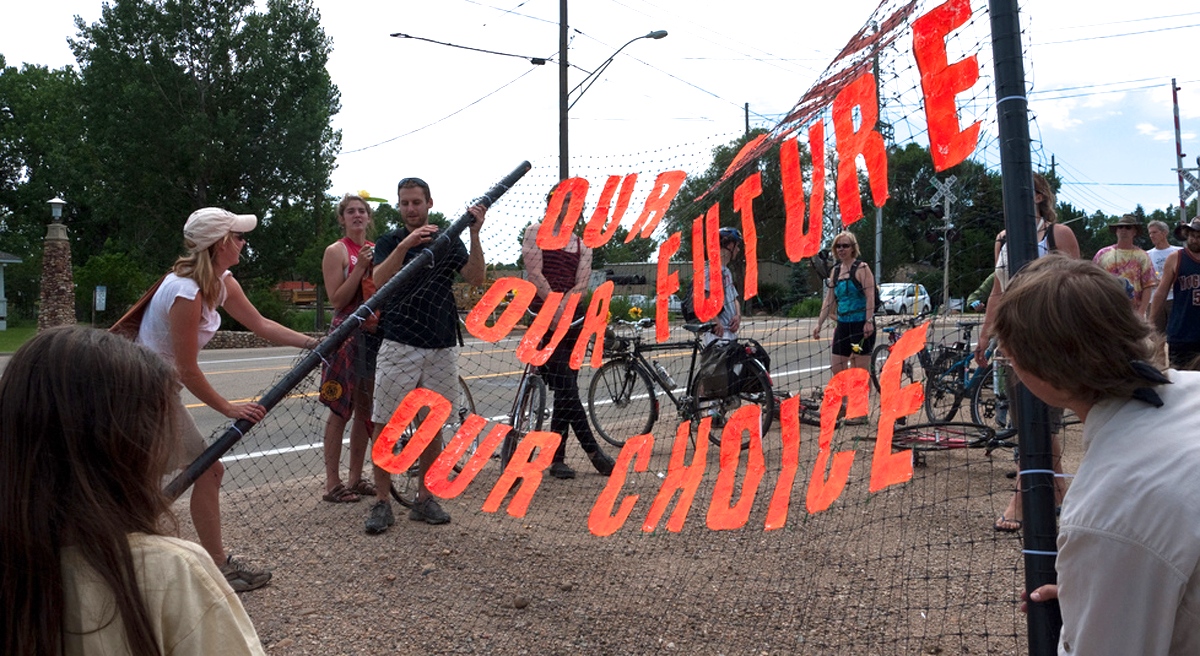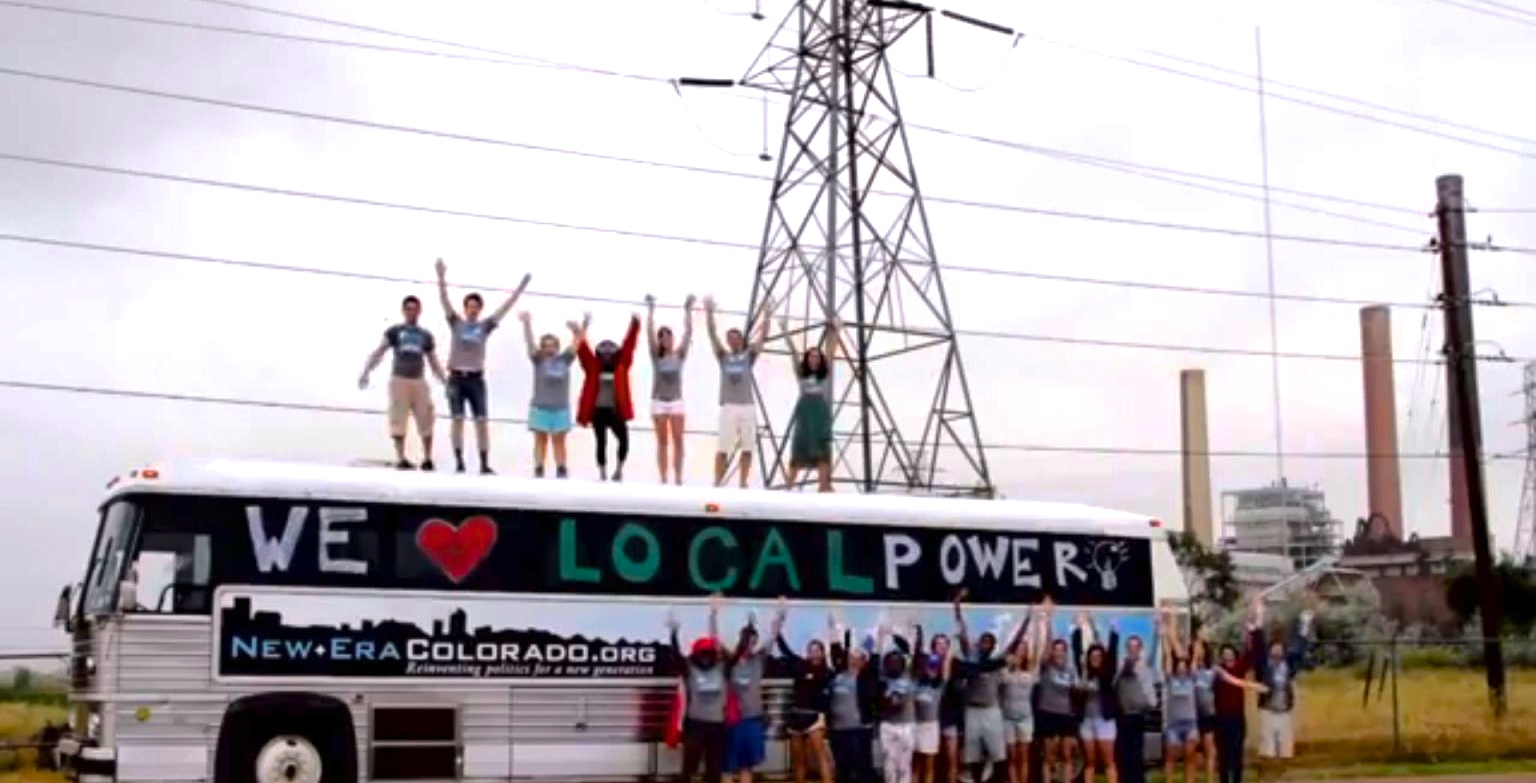
In a ground-breaking move in November, voters in Boulder, Colo., approved an initiative to end their relationship with Xcel Energy, a utility with $10.7 billion in revenues, thus clearing the way for the city to form its own municipal utility that would lower rates and make greater use of renewable energy.
Opponents of the effort had themselves put the question on the ballot in order to block measures by the city council. They also tried through a second initiative to hamstring the city from issuing enough bonds to be able to afford the purchase of Xcel’s facilities.
During the fierce battle that attracted national attention, corporate executives and their allies argued that the city had neither the money nor the expertise to manage such a complex enterprise.
Advocates for the municipal utility, including New Era Colorado Foundation, fought back with a crowd-funding campaign that raised more than three times their financial goal. In a landslide, two-thirds of voters supported the idea of bringing the utility under public control and then rejected the borrowing limits designed to kill the deal by a similar margin.
Though the utility industry has gone through a wave of consolidation over the last two decades, they are starting to show the strains of technological, economic and political change.
Municipal utilities are far more common than most people are aware, with more than 1,000 already functioning in the United States, serving 50 million customers, a population greater than the size of Spain. Most of these entities are owned by cities, and controlled by panels of local citizens. Some are even cooperatives owned by their members.
Proponents of change, not only in Boulder but around the country, have argued that public control creates three vital benefits.
First, decisions are made not by distant corporate managers whose first priority is to generate returns for absentee shareholders or to pay enormous salaries for executives, but by managers who are accountable to the community.
Second, because of this, municipal utilities can focus on important local goals, such as investing in renewable energy, efficiency, and other factors that increase community resilience.
And finally, the rates of municipal utilities are traditionally lower than their counterparts, and they channel any financial surplus—also known as profit—back into the community.
All of this comes at a time when the entire model of a corporate utility operating a centralized grid is facing steady erosion. Universities and cities across the country are expressing their desire to move away from both hiring—or even owning stocks in—companies that remain committed to fossil fuels.
In addition, every family who installs solar on their roof not only slashes their need for energy from a utility, but also cuts the revenue for those same firms.
As the number of customers inexorably drops, the firm must spread its costs across a smaller and smaller number of customers, which increases their rates and creates even more demand to leave the grid.
This long-term shift has caught the attention of both the U.S. Department of Energy, which supports it, but also the Edison Institute, the industry association of large utilities, which warned in January 2013 that the entire energy industry may follow the path of the phone companies, which struggled to maintain a vast system of land-lines even as customers flooded to widely distributed cell phones.
As the price of solar energy steadily comes down—and as oil continues to rise—the transformation of America’s energy economy is underway.
The critical question for those who want to see America shift to a new economy that is just and sustainable for people and the planet is whether the technological shift from a centralized fossil-fuel grid will be matched by a smaller shift from centralized, large-scale corporations to democratic control.
If this happens, with cities like Boulder leading the way, the energy, the dollars, and the decisions about the future will move into the hands of local communities, which would free more Americans to take the transformative steps we both want and need.
Bob Massie is president and CEO of the New Economics Institute.
3 WAYS TO SHOW YOUR SUPPORT
- Log in to post comments













